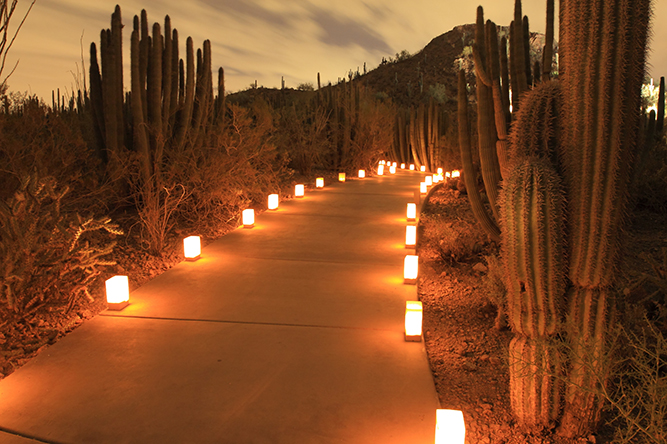In our culture, “alternative medicine” refers to healing practices both ancient and modern that do not involve drugs or surgery. These “modalities” are not taught or discussed in western medical schools and so do not fall within the realm of allopathic, or conventional methods.
Alternative modalities include nutritional therapies, naturopathy, yoga, acupuncture, Ayurveda, meditation, hypnosis, homeopathy, biofeedback, herbal therapies and a range of other practices that are steadily increasing in popularity.
When scientific investigation can establish the safety and effectiveness of an alternative practice, it can become mainstream and no longer be considered alternative. Many of these practices have become widely adopted by conventional practitioners and are known as complimentary and alternative medicine, or CAM.
Because many alternative techniques have not been studied extensively in clinical trials, they tend to lack mainstream support. Some have advocated defining CAM as non-evidence based medicine, or not medicine at all. Other researchers state that the standard evidence-based approach to defining CAM is inadequate and counterproductive because in clinical trials many widely accepted forms of conventional treatment have shown poor results, but are heavily prescribed anyway.
The bottom line: do your homework, learn what alternatives are available to you and take an active role with your providers in selecting which methods to use.
Peter

